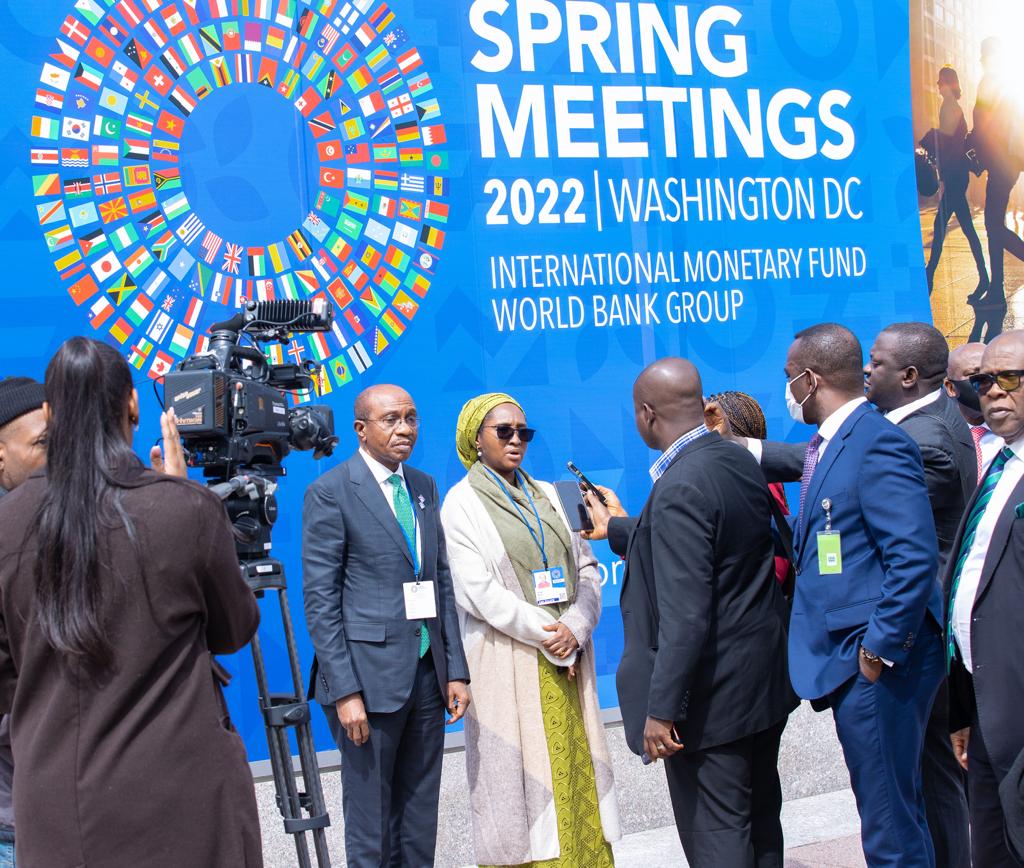Business
FG, States, LGAs Share N736.782bn In Oct

The Federation Account Allocation Committee (FAAC) has disbursed N736.782 billion from October 2022 Federation Account Revenue to the Federal Government, States and Local Government Councils.
This amount was augmented by an additional N70 billion distributed to the three tiers of government.
Federal Government received N36.876 billion, States got N18.704 billion, Local Government Councils received N14.420 billion.
An extra N30 billion Augmentation was made from non-oil revenue and distributed, with Federal Government getting N15.804 billion, States getting N8.016 billion, and Local Government Councils getting N6.180 billion.
According to the communiqué at the end of the FAAC, at the meeting for November 2022, the N736.782 billion total distributable revenue was made up of N417.724 billion distributable statutory revenue; N213.283 billion Value Added Tax (VAT) revenue; N5.775 billion Exchange Gain revenue.
In October 2022, the total deductions for cost of collection amounted to N33.555 billion and total deductions for transfers, savings and refunds was N186.749 billion.
The balance in the Excess Crude Account (ECA) still remains at $472,513.64.
The communiqué confirmed that from the total distributable revenue of N736.782 billion, the Federal Government received N293.955 billion, the State Governments received N239.512 billion and the Local Government Councils received N177.086 billion.
The total sum of N26.228 billion was shared to the relevant States as 13 percent derivation revenue.
Gross statutory revenue of N622.270 billion was received for the month of October 2022. This was lower than the sum of N825.710 billion received in the previous month by N203.440 billion.
From the N417.724 billion distributable statutory revenue, the Federal Government received N206.576 billion, the State Governments received N104.778 billion and the Local Government Councils received N80.779 billion. The sum of N25.591 billion was shared to the relevant States as 13 percent derivation revenue.
For the month of October 2022, the gross revenue available from the Value Added Tax (VAT) was N229.041 billion. This was higher than the N203.960 billion available in the month of September 2022 by N25.081billion.
The Federal Government received N31.992 billion, the State Governments received N106.642 billion and the Local Government Councils received N74.649 billion from the N213.283 billion distributable Value Added Tax (VAT) revenue.
The N5.775 billion from the Exchange Gain revenue was distributed as follows: the Federal Government received N2.707 billion, the State Governments received N1.373 billion, the Local Government Councils received N1.058 billion and the relevant States received N0.637 billion as 13 percent derivation revenue.
According to the Communiqué, in the month of October 2022, Value Added Tax (VAT) and Companies Income Tax (CIT) increased significantly while oil and gas royalties, Petroleum Profit Tax (PPT) and Import Duty recorded considerable decreases.
Business
NCDMB, Dangote Refinery Unveil JTC On Deepening Local Content
Business
Food Security: NDDC Pays Counterpart Fund For LIFE-ND Project
Business
Replace Nipa Palms With Mangroove In Ogoni, Group Urges FG, HYPREP
-
Business3 days ago
CRG Partner JR Farms To Plant 30m Coffee Seedlings
-
Foods/Drinks3 days ago
What To Know About Your Menu
-

 Niger Delta3 days ago
Niger Delta3 days agoNDLEA Intercepts 584.171kg Hard Drugs In Bayelsa … Arrests 559 Suspects
-
Rivers3 days ago
Four Internet Fraudstars Get Different Jail Terms In PH
-
Business3 days ago
Food Security: NDDC Pays Counterpart Fund For LIFE-ND Project
-
Business3 days ago
PH Women Plan Alternative Stew, Shun Tomato High Prices
-
Sports3 days ago
Nigerian Athletes Serving Doping Bans
-

 Niger Delta3 days ago
Niger Delta3 days agoEx-IYC President Lampoons Atiku’s Presidential Ambition … Declares It Negative Impact On N’Delta

